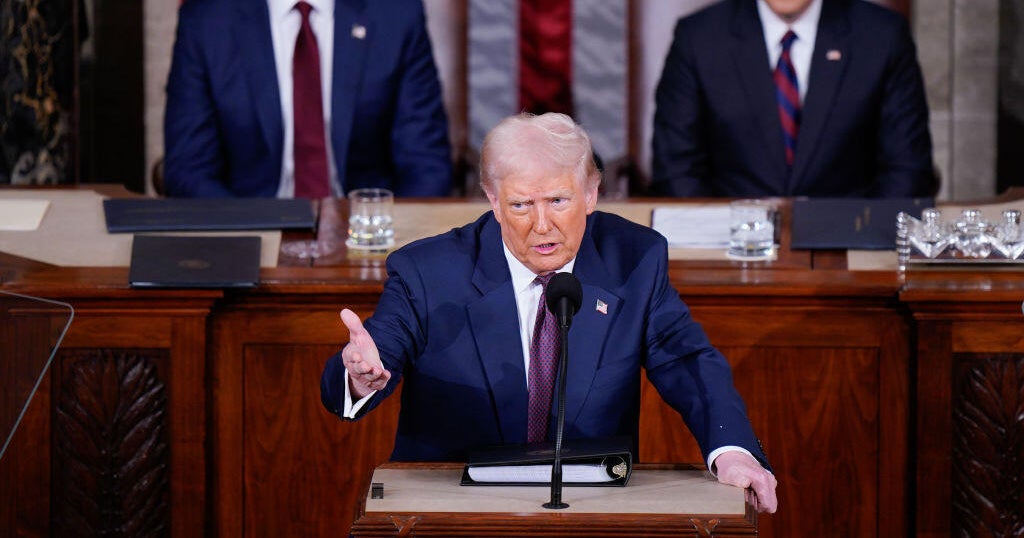Speaker Ryan defends CBO estimate that 24M more would lose insurance by 2026
House Speaker Paul Ryan said Monday that the Congressional Budget Office’s (CBO) estimate that 24 million people would lose health insurance by 2026 under the GOP health bill is because the legislation would eliminate Obamacare’s individual mandate.
In an interview on Fox News’ “Special Report” with host Bret Baier, the Wisconsin Republican said CBO’s report “exceeded my expectations” and he said that before Obamacare, 25 million were predicted to gain insurance, but now it’s only half of that estimate.
Ryan went on to argue there’s a reason behind people losing their insurance.
“We’re saying the government is not going to force people to buy something they don’t want to buy,” he said. “And if we end an Obamacare mandate that says you must be this one-size-fits-all plan, guess what? People aren’t going to buy that. So of course, they’re going to suggest that if we’re not going to make people do something they don’t want to do, they’re not going to do it.”
Ryan said he’s also “encouraged” by CBO’s estimate because he said it would lower premiums 10 percent.
“It stabilizes the market. It’s a $1.2 trillion spending cut, an $883 billion tax cut, and $337 billion in deficit reduction,” Ryan said. “So of course the CBO is going to say if you’re not going to force people to buy something they don’t want to buy, they won’t buy it. But at the same time, they’re saying our reforms will kick in and lower premiums and make health care therefore more accessible.”
The speaker reiterated that the legislation, which faces opposition from Democrats, conservatives and a number of medical interest groups, is part of a three-pronged plan. The second part, he said, would involve Health and Human Services Secretary Tom Price bringing choice and competition by letting states opening up markets, which Ryan said will lower prices even more.
CBO estimated Monday that under the GOP proposal, by 2018, 14 million people would be uninsured and that it would reduce federal deficits by $337 billion over the next decade. Average premiums, it said, would increase in 2018 and 2019, but that increase is eventually expected to be offset a few years later.



